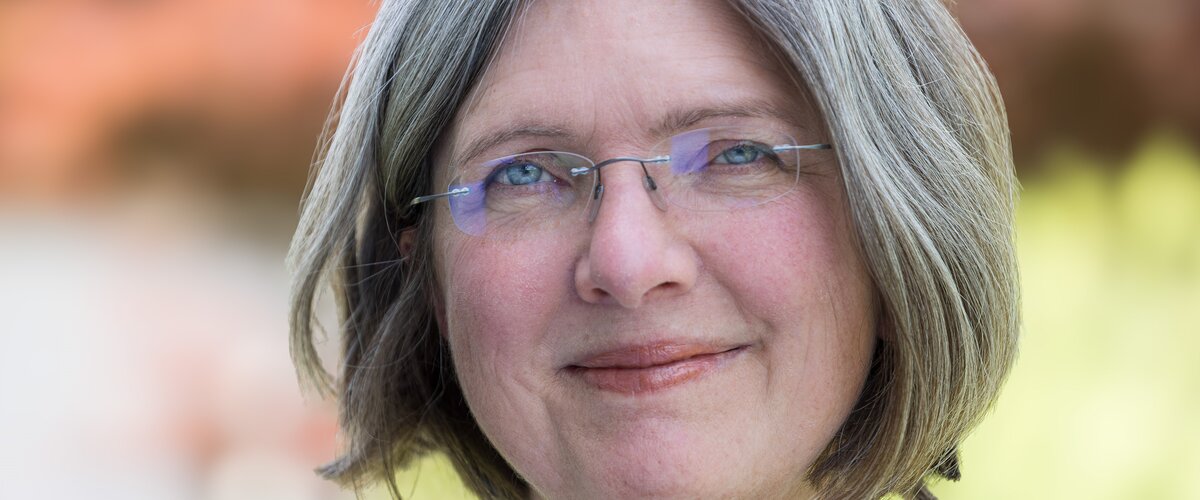The European Research Council (ERC) is funding Prof. Dr. Veronica Egger's COLUMNET project with an ERC Advanced Grant. The biophysicist heads the Neurophysiology working group in the Faculty of Biology and Preclinical Medicine at the University of Regensburg (UR). The project, which is endowed with 3.5 million euros, will run for five years and is dedicated to fundamental questions about the processing of odors in the brain.
"I am delighted about the ERC's decision and congratulate Prof. Dr. Egger on this great success. Her outstanding research on the neural coding of odors illustrates the innovative strength of neuroscience in Regensburg,” said University President Prof. Dr. Udo Hebel. ”The funding from the European Research Council once again underscores the international visibility and high scientific reputation of cutting-edge research at the University of Regensburg.”
The sense of smell is very old in evolutionary terms but is still poorly understood compared to the senses of sight and hearing. The large family of odor receptor proteins was only discovered in the 1990s. Each odor activates several types of odor receptors, with each olfactory sensory cell having only one type of odor receptor. The olfactory sensory cells transmit the information from the nose to the olfactory bulb, the first processing station for odors in the brain. All olfactory sensory cells with the same receptor are connected to a so-called odor receptor column of mitral cells in the bulb, which in turn transmits the information to higher areas.
“Olfactory objects – such as the smell of coffee – differ fundamentally from visual objects – such as a coffee cup. Neural circuits involved in olfactory processing therefore work completely differently from neural circuits in the visual system. The project aims to elucidate the neural network mechanisms that enable the representation of olfactory objects,” says Egger.
Her research focuses on so-called reciprocal microcircuits. These consist of interconnected mitral cells and granule cells, which have an inhibitory effect. This synaptic connection is called “reciprocal” because both cells can exchange signals – it is not a one-way street. Egger’s insight is that actually both cells have to be simultaneously active to allow for any signal output from the granule cells, based on a novel mechanism of local synaptic processing. This kind of neuronal networking could enable different odor receptor columns that are activated by the same smell to transmit their information synchronously. The activated odor receptor columns do not necessarily have to be topographically adjacent, different from the representation of continuous objects in the visual system. This could explain how our brain can form a coherent “smell object” from many individual smell components.
ERC Advanced Grants
The European Research Council's ERC Advanced Grants are part of the EU's Horizon Europe program and are aimed at established top researchers. The grant is one of the most prestigious and competitive scientific awards and instruments of EU research funding. The funding usually amounts to around 2.5 million euros over a period of five years. However, the sum can also be increased to up to 3.5 million euros.

Kontakt aufnehmen
Prof. Dr. Veronica Egger
Neurophysiologie
Institut für Zoologie
Universität Regensburg
Tel: +49 (0) 941 943 3118
E-Mail: [email protected]


